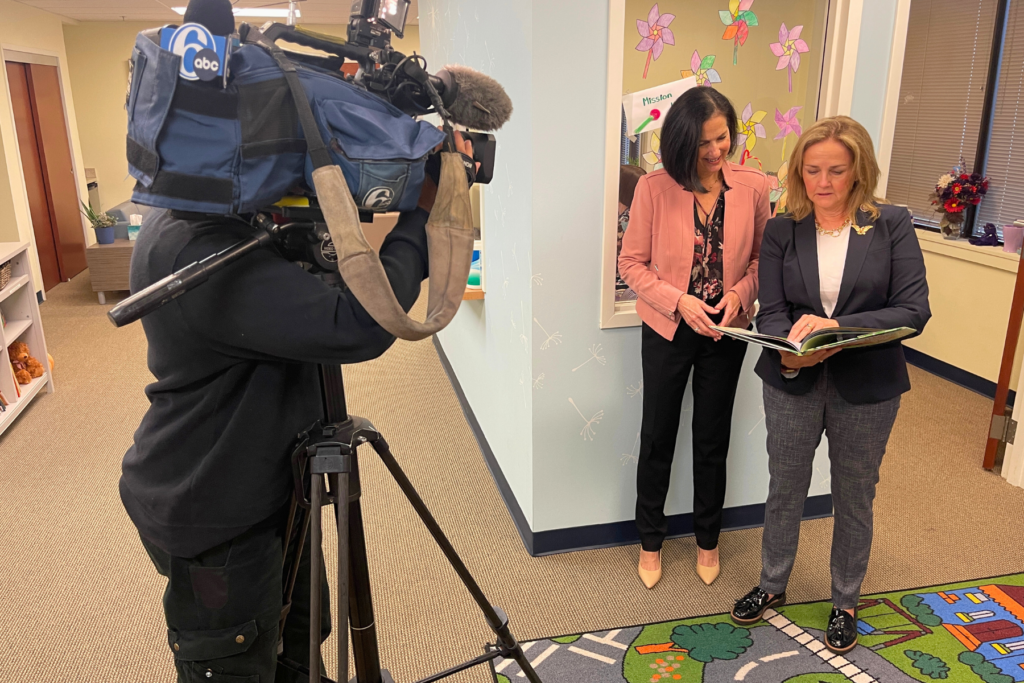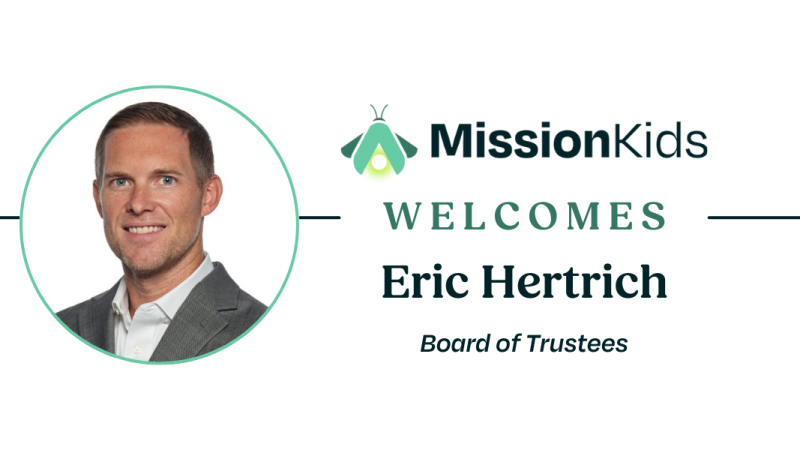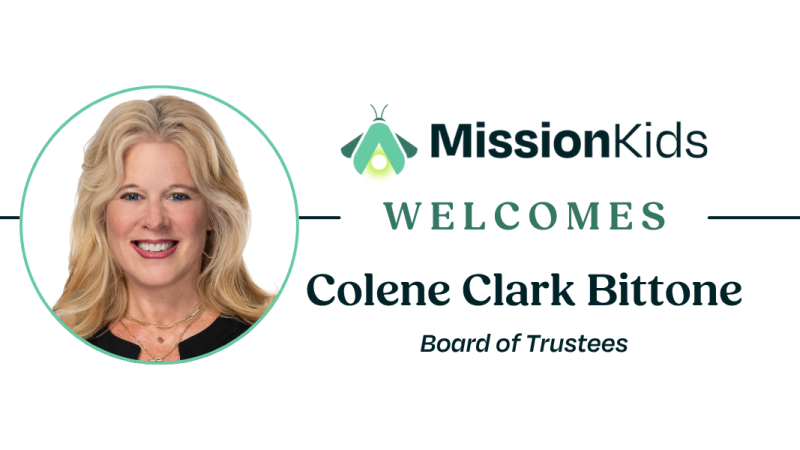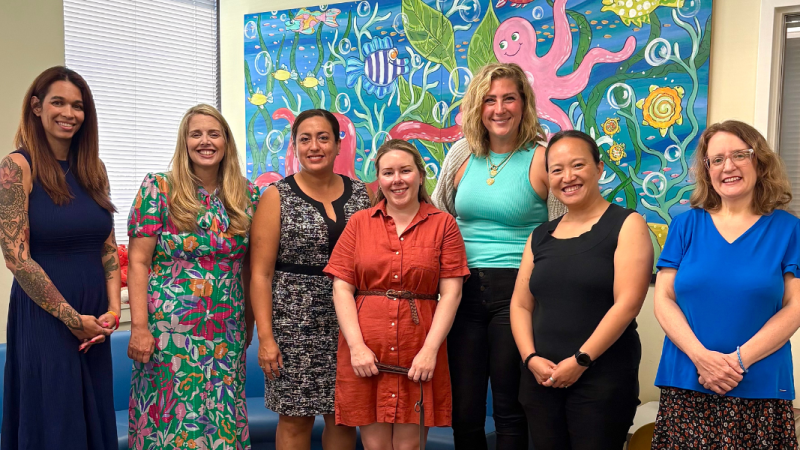Child sexual abuse is unfortunately a pervasive issue in the United States and beyond. Keeping our children and youth safe is of the utmost importance. Journalists, producers, directors, editors, and others hold the power to influence the actions (or inactions) of viewers and readers. Navigating how to report on this difficult topic can be extremely complex, but resources are available to help make your story informative. We are therefore providing the below information which may be helpful to report on and/or produce a piece on child sexual abuse.
The Impact of Public Disclosures
Before drafting a story, consider the following issues:
- Will details of the report inadvertently disclose the identity of the victim? (Ex. John Doe is charged with sexual abuse. Investigators say the victim is his stepdaughter/niece/girlfriend’s son).
- Will revealing a child’s identity, even with the permission of the parent or guardian, adversely impact the child in the future?
- What is the viewer benefit of knowing all the facts of the case? Are some details too heinous?
- Are you using the correct, legal terminology for the crime?
- See the NCA/CAC Style Guide and Mission Kids Master Acronym List
Effective Story Angles
In order to prevent the story from compromising any court case, consider expanding the story to include the impact of abuse and possible solutions. For example, consider:
Community Prevention Efforts
Talking to your local CAC, Child Protective Services, and/or law enforcement about how the community is working to prevent child abuse. Mission Kids is the CAC for Montgomery County, Pennsylvania.
The Impact of Childhood Trauma Later in Life
Speaking to a mental health professional specializing in childhood trauma and evidence-based treatment, to discuss how this type of abuse could impact a child later in life. For recommendations on mental health professionals in Southeastern Pennsylvania, please contact:
Mission Kids Child Advocacy Center
(484) 687-2990
info@missionkidscac.org
Chief Executive Officer, External and Global Affairs: Abbie Newman
Chief Executive Officer, Services and Operations: Leslie Slingsby
Mandatory Reporting Laws
Exploring who is covered under mandatory reporting laws in the applicable state, why, and what can happen to those who violate this law.
PA Child Protective Services Law (CPSL)
Mandatory Reporters of Child Abuse and Neglect: state-by-state guide
Resources for Survivors
Looking into survivors’ networks and resources available for the victim and the victims’ family.
- Mission Kids’ Resource Suggestions for kids, teens, and families
- Southeastern PA, Pennsylvania State, and National Organizations Guide
Crime Data
Seeking information about the number of cases the local police department or prosecutor sees in a year or month, to get a feel for the prevalence of this type of crime in the community.
Prevention Initiatives
Requesting further information from a local CAC about what the average person can do to help prevent child abuse.
- Mission Kids’ Prevention Education Initiative
- Southeastern PA, Pennsylvania State, and National Organizations Guide
How Investigations Work
Researching how CACs investigate reports of child maltreatment from the moment an allegation of abuse is made. Contact:
Mission Kids Child Advocacy Center
(484) 687-2990
info@missionkidscac.org
Chief Executive Officer, External and Global Affairs: Abbie Newman
Chief Executive Officer, Services and Operations: Leslie Slingsby
Guidelines for Journalists Reporting on Children
Adapted from UNICEF’s Guidelines for Journalists Reporting on Children
6 Over-arching Principles
The six key principles crucial to any story involving children are:
- Respect the dignity and rights of every child in every circumstance
- In reporting on children, pay special attention to each child’s right to privacy and confidentiality and to be protected from harm and retribution
- Protect the best interests of each child over any other consideration, including advocacy for children’s issues and the promotion of child rights
- When trying to determine the best interests of a child, give due weight to the child’s right to have their views taken into account in accordance with their age and maturity
- Consult those closest to the child’s situation and best able to assess it about the political, social, and cultural ramifications of any reportage
- Do not publish a story or an image that might put the child, their siblings or peers at risk, even when their identities are changed, obscured, or not used.
7 Guidelines for Reporting on Children
There are seven guidelines for reporting on children that all journalists should keep in mind:
- Do not further stigmatize any child; avoid categorizations or descriptions that expose a child to negative reprisals – including additional physical or psychological harm, or to lifelong abuse, discrimination, or rejection by their local communities
- Always provide an accurate context for the child’s story or image
- Always change the name and obscure the identity of any child who is identified as a victim of sexual abuse or exploitation, a perpetrator of physical or sexual abuse, HIV positive or living with AIDS, or charged/convicted of a crime
- In certain circumstances of risk or potential risk of harm or retribution, change the name and obscure the visual identity of any child who is identified as a current or former child combatant, asylum seeker, refugee, or internally displaced person
- In certain cases, using a child’s identity (their name and/or recognizable image) is in the child’s best interests. However, when the child’s identity is used, they must still be protected against harm and supported in the event of any stigmatization or reprisals. This should only happen in very specific circumstances. The best practice is to never include identifying information of a child unless absolutely necessary. When this is the case, journalists should receive express written confirmation, and communicate with a local CAC or other agency, to ensure it is safe to do so, and will not compromise any investigation or treatment
- Confirm the accuracy of the story you are reporting on
- When in doubt about whether a child is at risk, report on the general situation for children rather than on an individual child, no matter how newsworthy the story
The Importance of Self-Care Practices
You will likely become personally impacted by a story. Details included in testimony or court documents show the ugliest side of humanity.
Mission Kids encourages you to partake in the below self-care practices provided by The Dart Center to mitigate the risk of PTSD, depression, and substance abuse as a result of vicarious trauma:
- Defuse with someone you trust
- Monitor for delayed reactions
- Maintain normal activities and routines, but slow down
- Seek professional help if distress continues 3 to 4 weeks after assignment
- If an assignment leaves a journalist feeling too vulnerable, management should support the journalist’s decision to request an unrelated assignment
Additional Useful Resources
Mission Kids recommends the following resources for media reporting on child sexual abuse:
- National Children’s Alliance: media kit
- Center for Disease Control
- Dart Center for Journalism and Trauma
- Global Investigative Journalism Network
- National Association for People Abused in Childhood (UK)
- National Sexual Violence Resource Center
- Poynter Institute for Journalism
- Utah Department of Human Services – Child and Family Service






